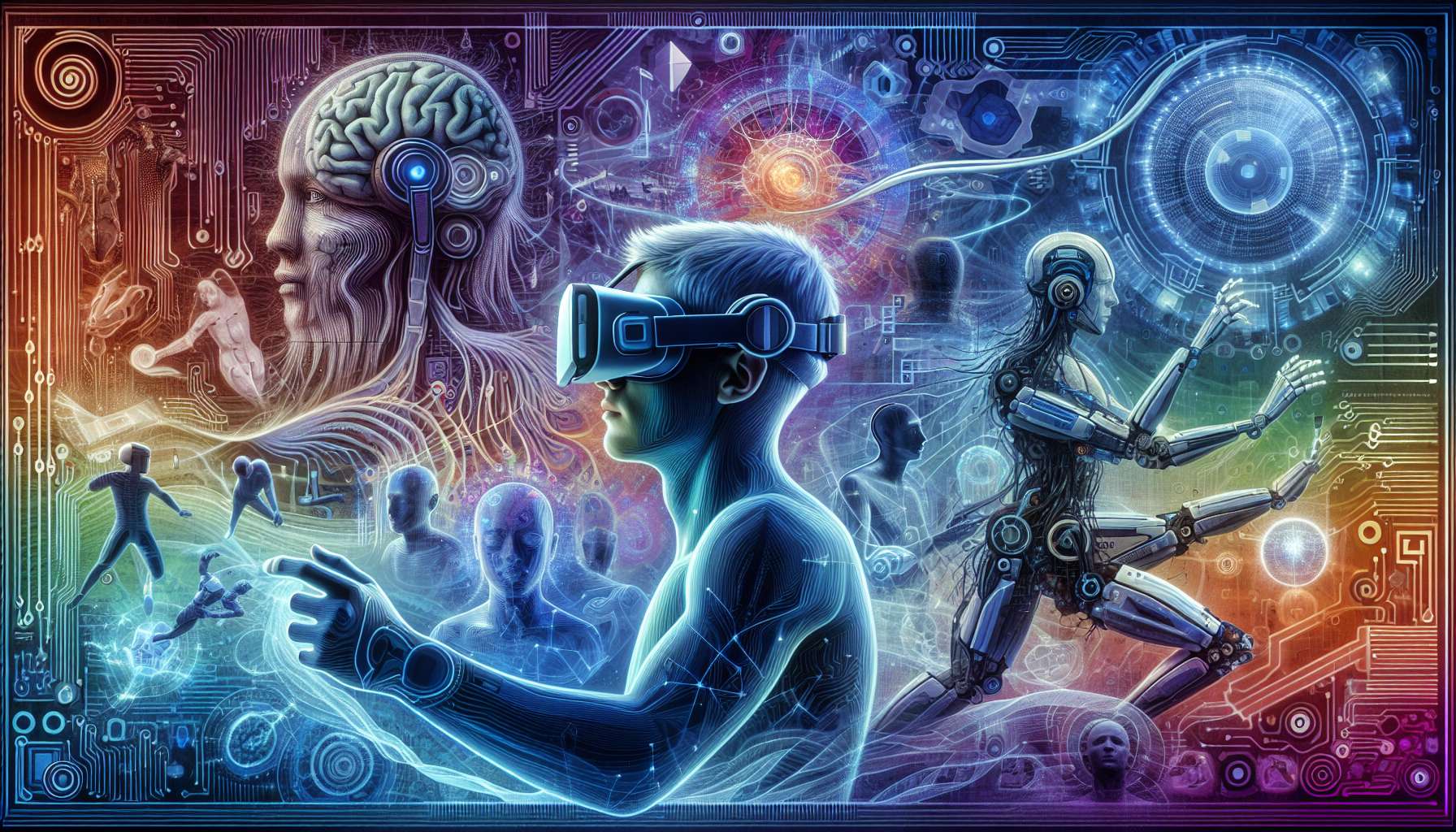Virtual reality (VR) technology has rapidly advanced in recent years, offering users immersive and interactive experiences like never before. From gaming and entertainment to education and training, the applications of VR are vast and diverse. However, as more people engage in extended VR use, it is crucial to consider the potential psychological effects that may arise from prolonged exposure to virtual environments.
One of the primary psychological effects of extended VR use is the phenomenon known as “cybersickness.” Similar to motion sickness, cybersickness can manifest as symptoms like nausea, dizziness, and disorientation. This occurs when there is a disconnect between what the user sees in the virtual environment and the sensory information received by the brain, leading to a sense of imbalance and discomfort.
Moreover, prolonged immersion in virtual worlds can blur the lines between reality and fantasy, potentially causing issues with dissociation and depersonalization. Users may find it challenging to distinguish between their experiences in the virtual world and their real-life interactions, leading to a sense of detachment from their physical surroundings.
On the other hand, extended VR use can also have positive psychological effects. Virtual reality has been used in therapeutic settings to treat phobias, PTSD, and anxiety disorders by exposing patients to controlled virtual environments that help them confront their fears in a safe and supportive way. Additionally, VR experiences can promote relaxation, mindfulness, and stress reduction, offering users a temporary escape from the pressures of everyday life.
To mitigate the potential negative psychological effects of extended VR use, it is essential for users to take regular breaks, stay hydrated, and be mindful of their physical and emotional responses while immersed in virtual environments. Developers and designers can also play a crucial role in creating VR experiences that prioritize user comfort and well-being, incorporating features like adjustable settings, ergonomic design, and clear safety guidelines.
In conclusion, while extended VR use can have both positive and negative psychological effects, it is crucial for users to approach virtual reality technology mindfully and responsibly. By understanding the potential risks and benefits of immersive VR experiences, individuals can make informed choices that prioritize their mental health and well-being in the digital age.








